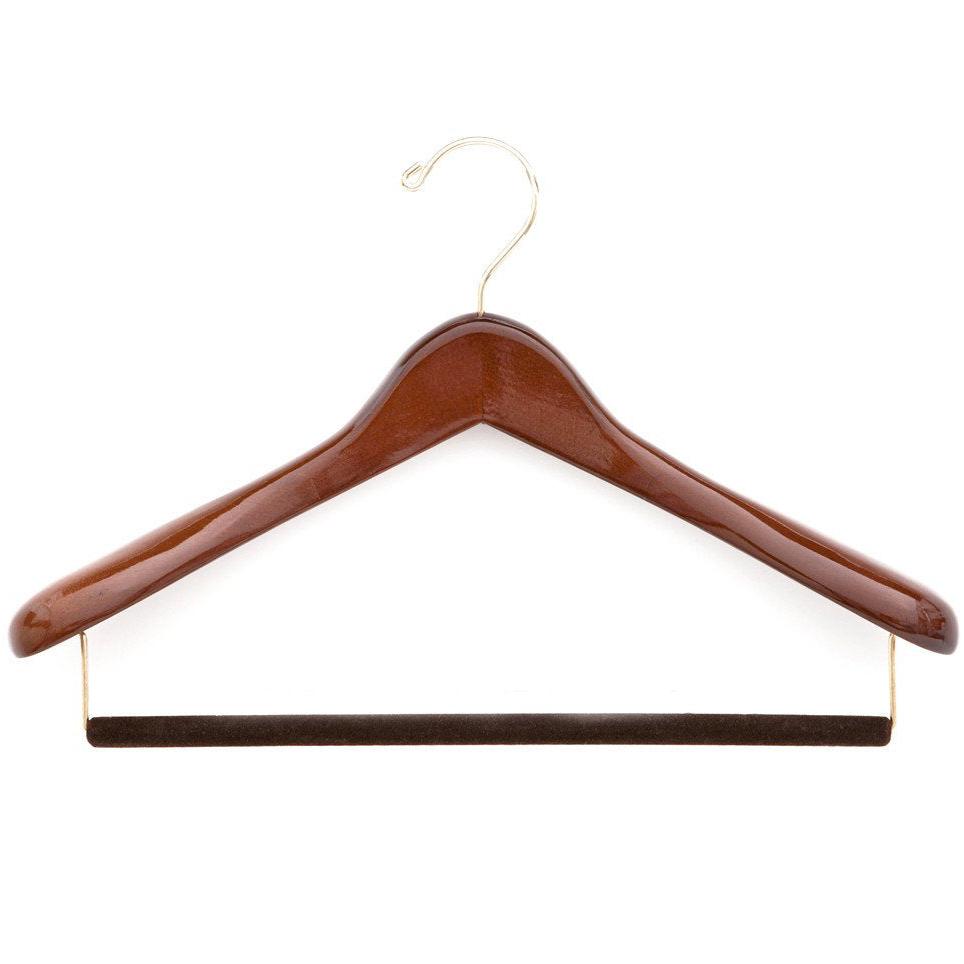archetypal_yuppie
Distinguished Member
- Joined
- Jan 9, 2010
- Messages
- 2,855
- Reaction score
- 591
You need to look up the definition of "definition."
At time X, if A costs less than B, it is cheaper.
First, on a nitty-gritty level, CPI is an abstract/subjective formulation. There are many varying and competing proposals for how to implement CPI. Different versions have been adopted by different organizations. So off the bat you have to address the validity and scope of the CPI measure you are using.
More importantly, to say that A at time X is by definition cheaper than A at time Y, because when you adjust it by the compounded increase in price for a regularly and subjectively rebalanced basked of goods subject to various rules and adjustments, is a stretch. That's not a definition. It's just cheaper on a CPI adjusted basis. It's valid to say that something is "cheaper on a CPI adjusted basis," but the qualification is critical.
Anyway, I do understand what you're saying, but my point is that what you're saying doesn't mean much, as is often the case with oversimplified statistics. The examples I suggested provide much more context.
You argued that you can't say something is "cheaper" just by looking at its prices and CPI. I'm telling you that is the ONLY way to say if something is "cheaper" or not. That is how cheaper is defined.
You need to look up the definition of "definition."
At time X, if A costs less than B, it is cheaper.
First, on a nitty-gritty level, CPI is an abstract/subjective formulation. There are many varying and competing proposals for how to implement CPI. Different versions have been adopted by different organizations. So off the bat you have to address the validity and scope of the CPI measure you are using.
More importantly, to say that A at time X is by definition cheaper than A at time Y, because when you adjust it by the compounded increase in price for a regularly and subjectively rebalanced basked of goods subject to various rules and adjustments, is a stretch. That's not a definition. It's just cheaper on a CPI adjusted basis. It's valid to say that something is "cheaper on a CPI adjusted basis," but the qualification is critical.
Anyway, I do understand what you're saying, but my point is that what you're saying doesn't mean much, as is often the case with oversimplified statistics. The examples I suggested provide much more context.

